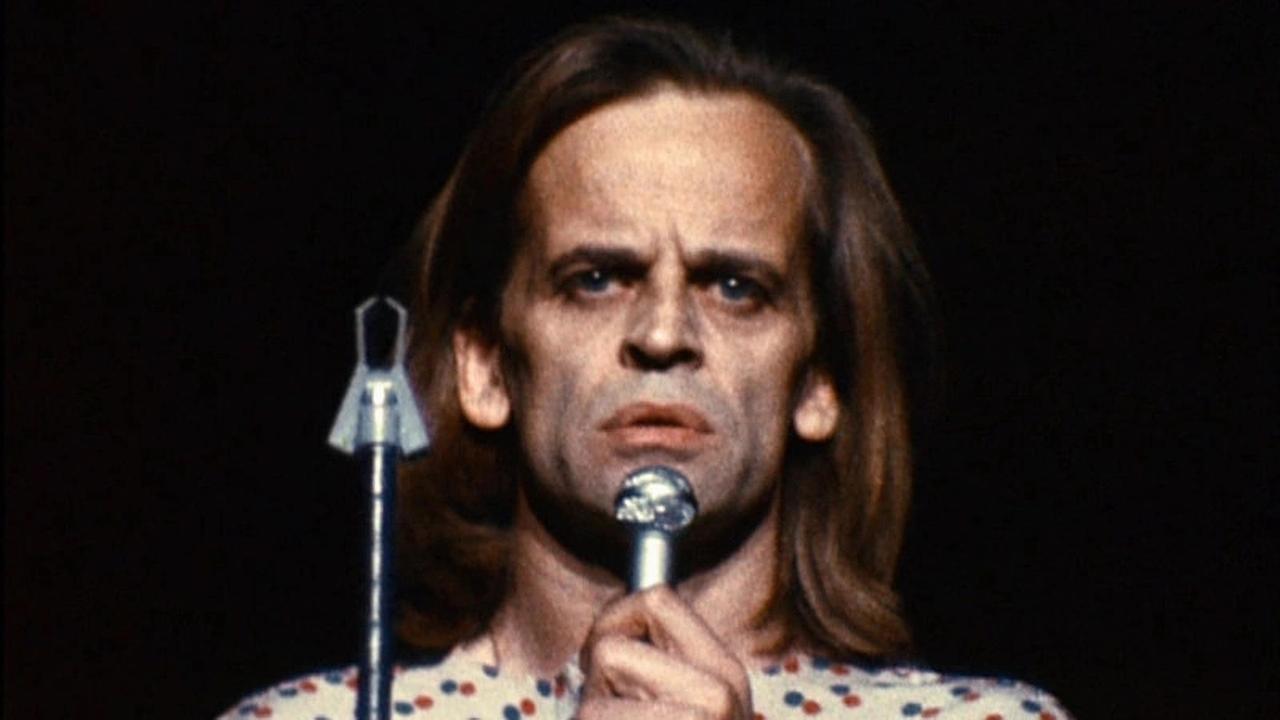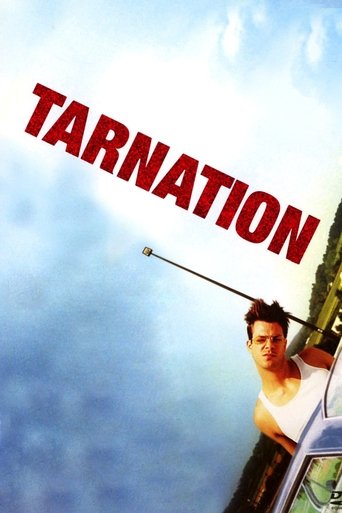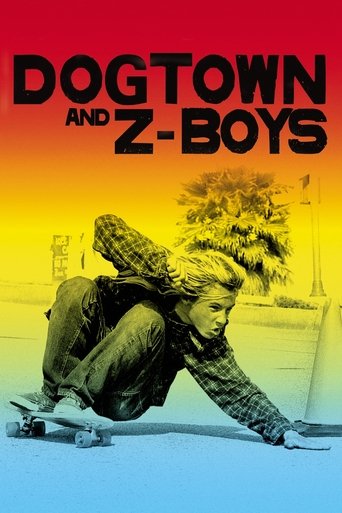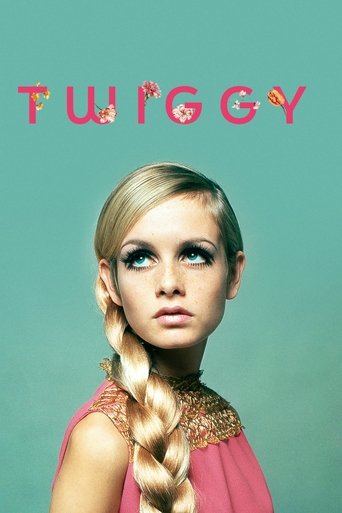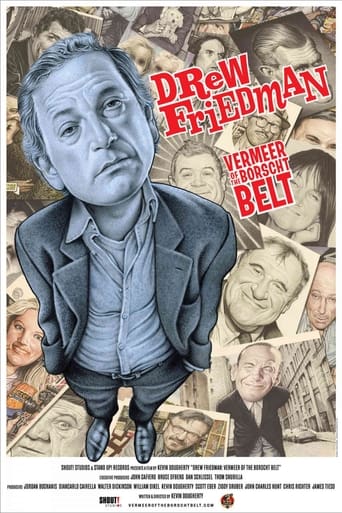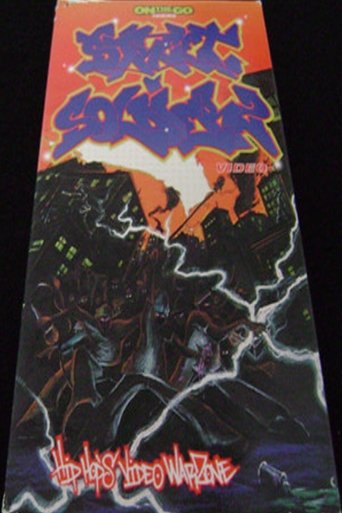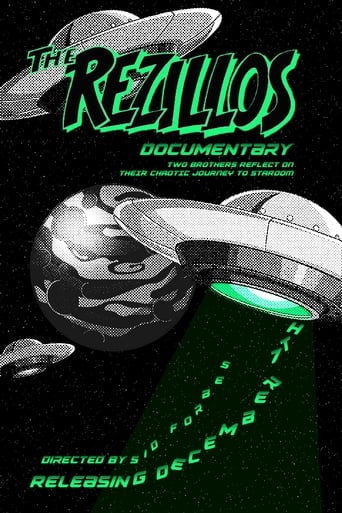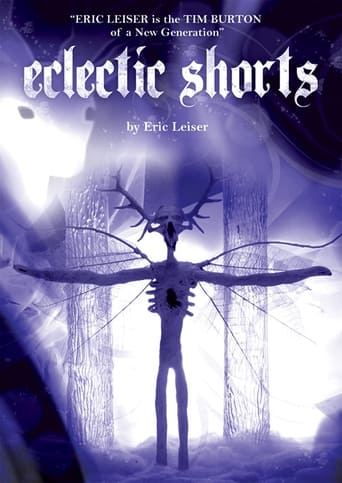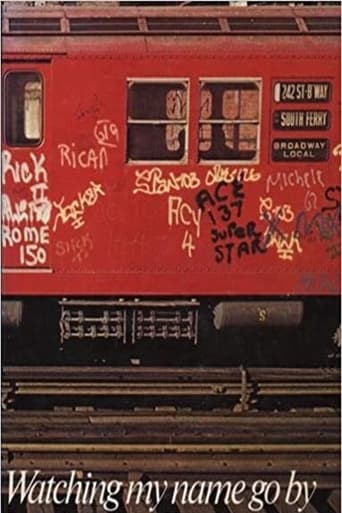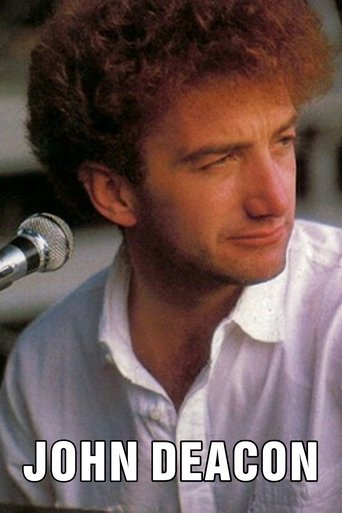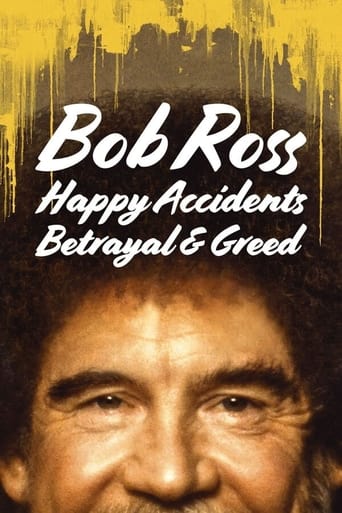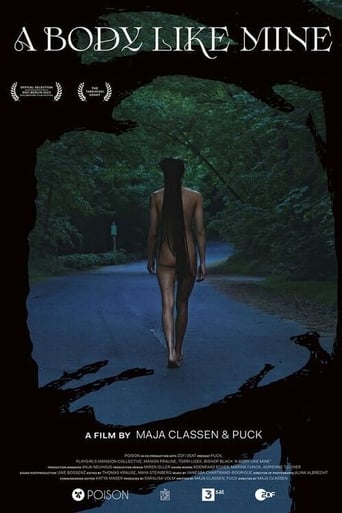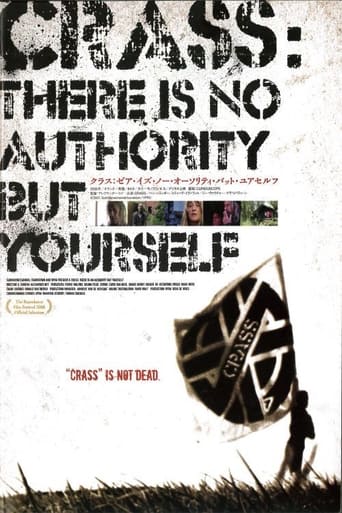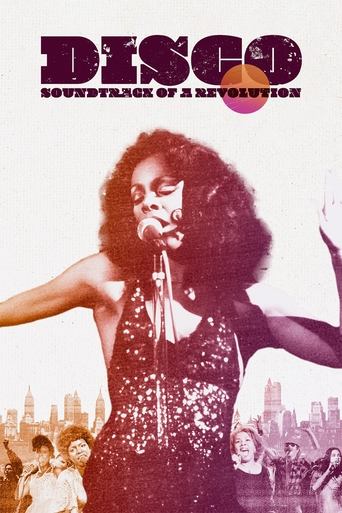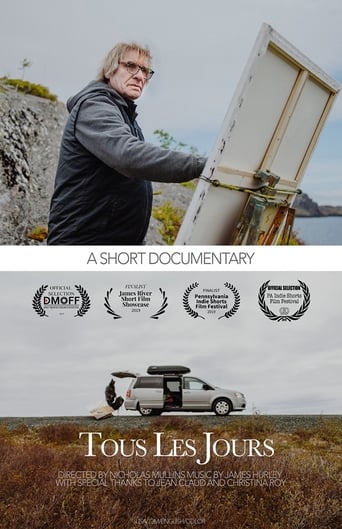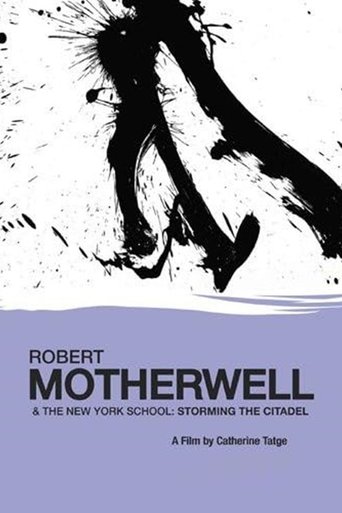
26 Aug 1991

Robert Motherwell and the New York School: Storming the Citadel
Made shortly before Robert Motherwell’s death in 1991, is an exploration of the Abstract Expressionist movement and a portrait of one of its last survivors. Having come to New York in the early 1940s, Motherwell found himself on the battleground of American art. He and a group of painters set out to change the face of American painting. The film charts this epic battle led by Jackson Pollock, Willem de Kooning, Mark Rothko, Franz Kline, and Robert Motherwell, who endeavored to make American painting equal to painting elsewhere and, in the process, shifted the center of modern art from Paris to New York.
